Home Remedies To Treat Smelly Hair
By: Kratika Maheshwari Tue, 13 Apr 2021 5:24:15
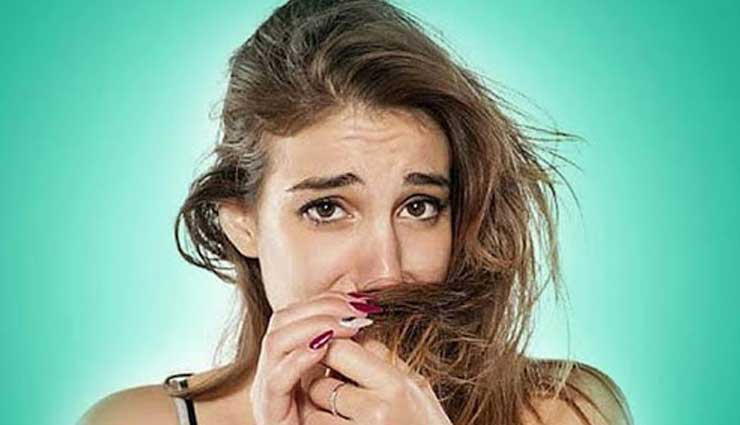
Typically, the scalp is covered by a thick crop of hair that keeps it quite warm. Hair strands trap not only heat but also dust, dirt, and pollutants from the environment on a daily basis.
Protecting the hair from pollution and sun exposure by wearing a scarf, cap, or hat will further warm up the scalp. When your scalp becomes overheated, it breaks into a sweat to lose the excess heat and keep your head cool.
On top of that, there are multiple oil glands under the scalp that produce sebum to keep it moisturized. People with thin, fine hair tend to have more of these oil glands and thus ultra-greasy scalps as opposed to those with dense, coarse hair.
Moreover, oily hair naturally attracts more grime and pollutants due to its sticky texture and therefore requires more frequent washing.
Sweat, oil, and grime can settle on your hair and scalp over time if you skip hair washing for several days on end. This creates the perfect environment for microbial overgrowth on the scalp.
Bacteria and fungi thrive in warm, moist conditions, and your slimy hair-covered scalp provides exactly such an environment.
These pathogens feed on the sweat, sebum, and dead skin cells on your scalp and release pungent acids in the process. Their unpleasant smell is readily absorbed by your porous hair and stinks up your entire head.
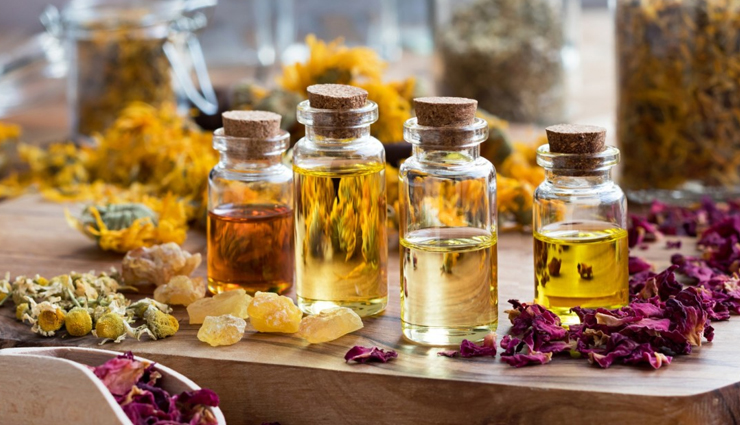
# Essential oils
Essential oils such as tea tree oil, neem oil, lavender oil, peppermint oil, ginger oil, and turmeric oil exhibit different therapeutic properties that can do wonders for your hair and scalp.
They can help trap the moisture in your hair and scalp to keep them sufficiently hydrated and thereby prevent sebum overproduction.
Moreover, essential oils such as tea tree oil also exhibit strong antimicrobial activity, which can help fight the infection responsible for your smelly hair and scalp. These oils are extremely fragrant and can even help mask the stink.
Lastly, essential oils can help ease scalp inflammation and itchiness, which are associated with dandruff and other such dermatological problems.
-Mix a few drops of any of the above-mentioned essential oils with a carrier oil such as coconut, almond, or jojoba oil.
- Apply the diluted essential oil to your scalp and hair, and let it sit for about 30 minutes.
- Wash your hair and scalp with a gentle cleanser.
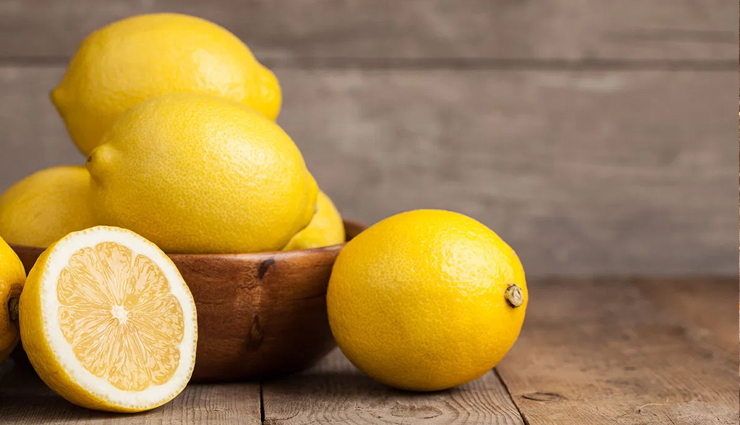
# Lemon
Lemon works as a natural hair and scalp cleanser that can help kill the malodorous bacteria responsible for smelly scalp syndrome.
Besides having strong antibacterial properties, lemon can also help balance the pH of your scalp and reduce dandruff, which is one of the prime culprits behind this problem.
- Mix 2 teaspoons of lemon juice and 1–2 cups of warm water.
- Wash your hair and scalp with a mild shampoo, and then give them a final rinse with the lemon solution.
- Leave it on for a few minutes before rinsing it out thoroughly with plain water.
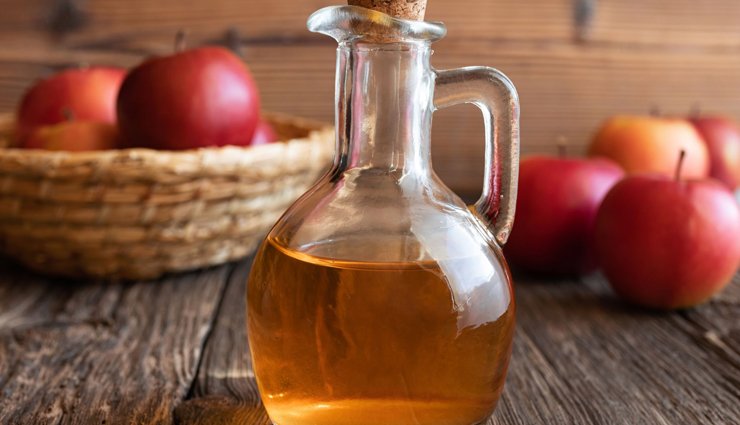
# Apple cider vinegar
Apple cider vinegar (ACV) can help disinfect your hair and scalp by eliminating all the stink-producing bacteria and fungi.
It also has a refreshing scent, which can subdue the stink coming from your hair and scalp.
- Mix ½ tablespoon of apple cider vinegar in a mug of water and rinse your hair with this solution.
- Alternatively, mix 1 part of apple cider vinegar in 2 parts of water, and add 3 drops of any of the above-mentioned essential oils into the solution. Pour the liquid into a spray bottle, and spritz it all over your hair and scalp.

# Alcohol can significantly worsen your smelly hair and scalp syndrome, so it’s best to give it up completely or at least minimize its intake.
# Use hair products that are devoid of harsh chemicals, such as sulfates and parabens that dry out the scalp and subsequently trigger excessive sebum production to compensate for the lack of moisture.
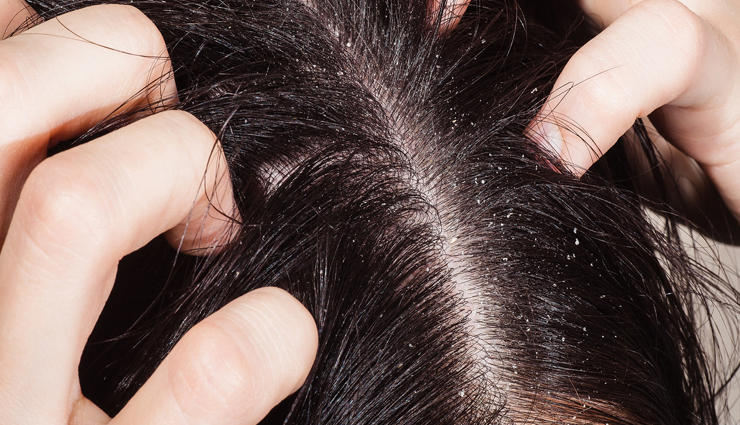
# If you have dandruff, ask your dermatologist to recommend an appropriate antidandruff shampoo. Using regular shampoos can make your scalp drier and thereby worsen dandruff. Dandruff is dead skin that can collect on your scalp if left untreated and provide fodder to the resident microorganisms. Moreover, dandruff is characterized by an intensely itchy scalp, which if scratched incessantly can rupture your skin and can invite infections.
# Exercising triggers excessive perspiration all over the body, including your scalp. So, it’s necessary that you thoroughly wash your scalp and hair along with the rest of your body after every workout session.
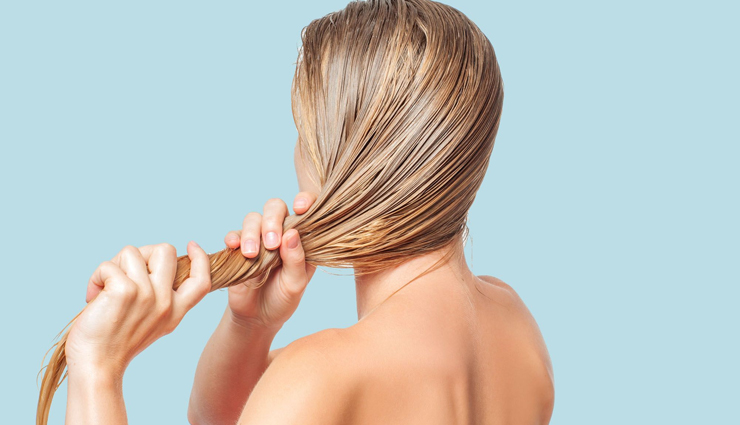
# Protect your hair from dust, pollutants, and sun damage by wearing a clean cotton scarf or hat when stepping outdoors. Headgear made of light, porous materials keeps your scalp ventilated and thereby prevents extra sweating.
# Resist the urge to scratch your sweaty, itchy scalp as it can irritate or damage the skin on your head and provide entry to infectious pathogens. Moreover, your nails carry a lot of germs and dirt that can be transferred to the scalp while scratching, further increasing the risk of microbial infections.
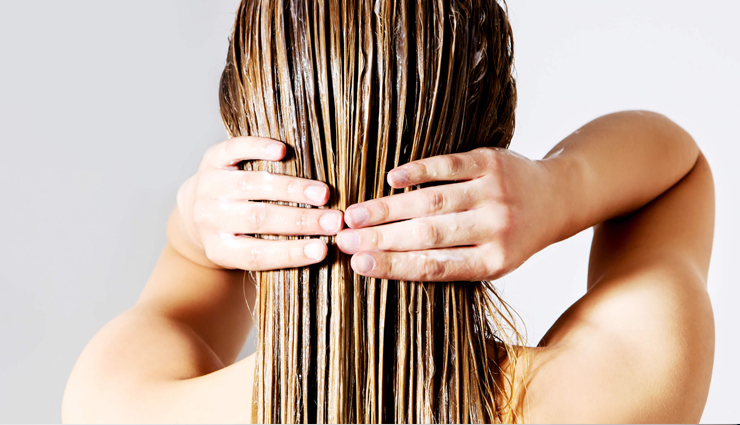
# Stress and anxiety bring about certain hormonal fluctuations that can trigger excessive perspiration. Thus, stress management is critical to keep your sweat glands under control. Regular exercise is a great stress buster, as are other relaxation techniques such as yoga, deep breathing, and meditation. You can choose whatever suits you best.
# Hair conditioner, as the name suggests, is meant to moisturize your hair and not your scalp. A common hair care mistake people make is that they slather the hair conditioner on their scalp along with their hair, which is not just unnecessary but actually problematic. Your scalp produces its own sebum, which keeps it moisturized; therefore, there is no need for added conditioning. The conditioner you put on your scalp nourishes the microbes living there and helps them grow, thus increasing the risk of scalp infections.





